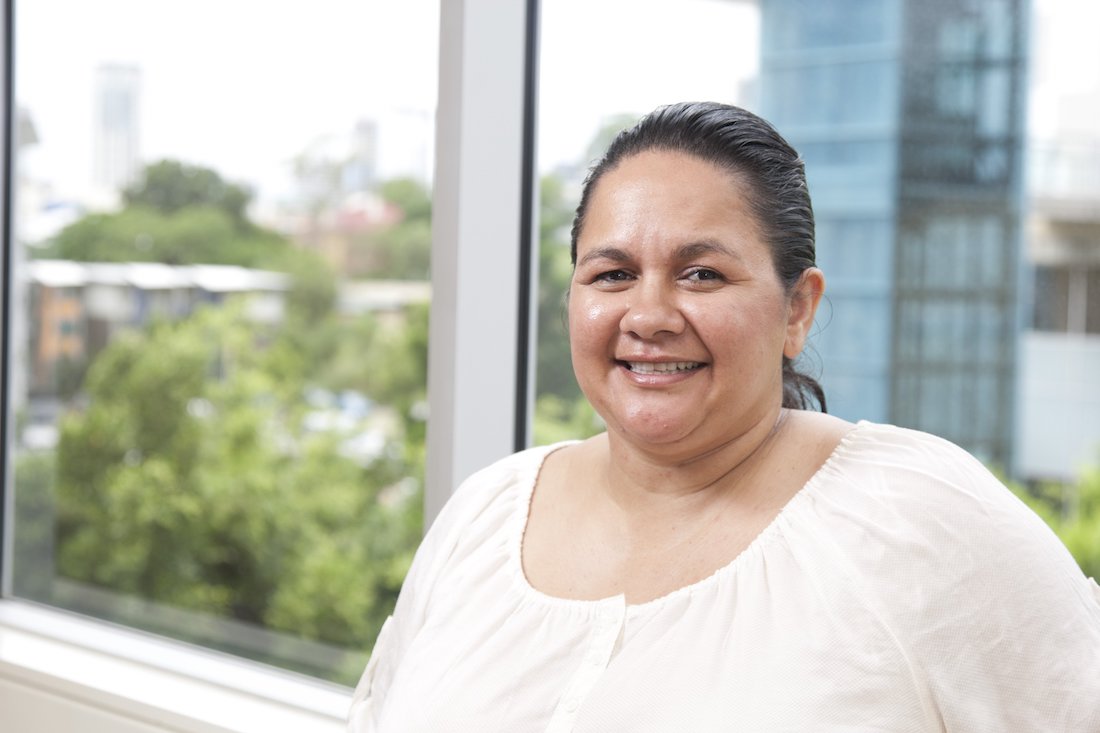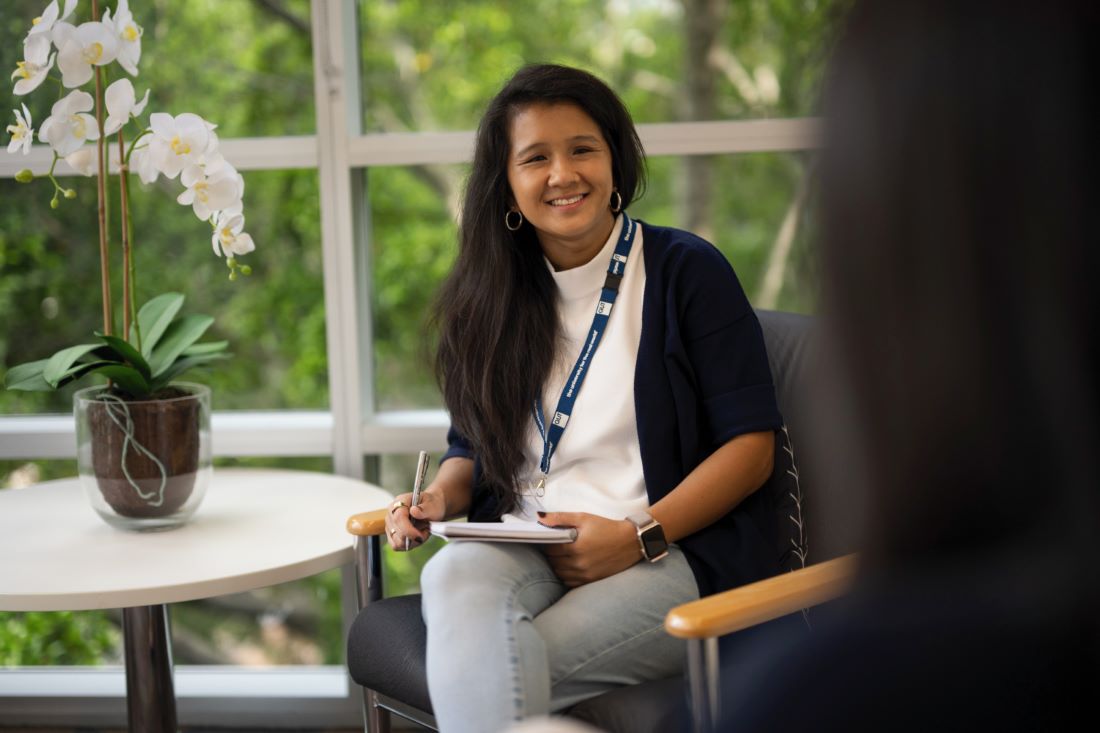Why choose this course?
The Master of Counselling gives you the opportunity to develop a personalised, integrative and values driven framework for counselling practice, drawing on diverse therapeutic approaches, grounded in principles of social justice and inclusion.
This course is ideal for professionals from a variety of backgrounds who are interested in the integration of competency-based counselling approaches, relational neuroscience, and trauma sensitive practice.
Our flexible courses are designed to fit your needs, offering a range of pathways. QUT’s Graduate Diploma in Counselling articulates directly into the Master of Counselling, with the option to exit early and earn a nested qualification. Graduates of the Graduate Diploma are eligible for Level 1 professional registration with the Australian Counselling Association, which acknowledges your skills and experience while providing entry into the Australian counselling industry.



